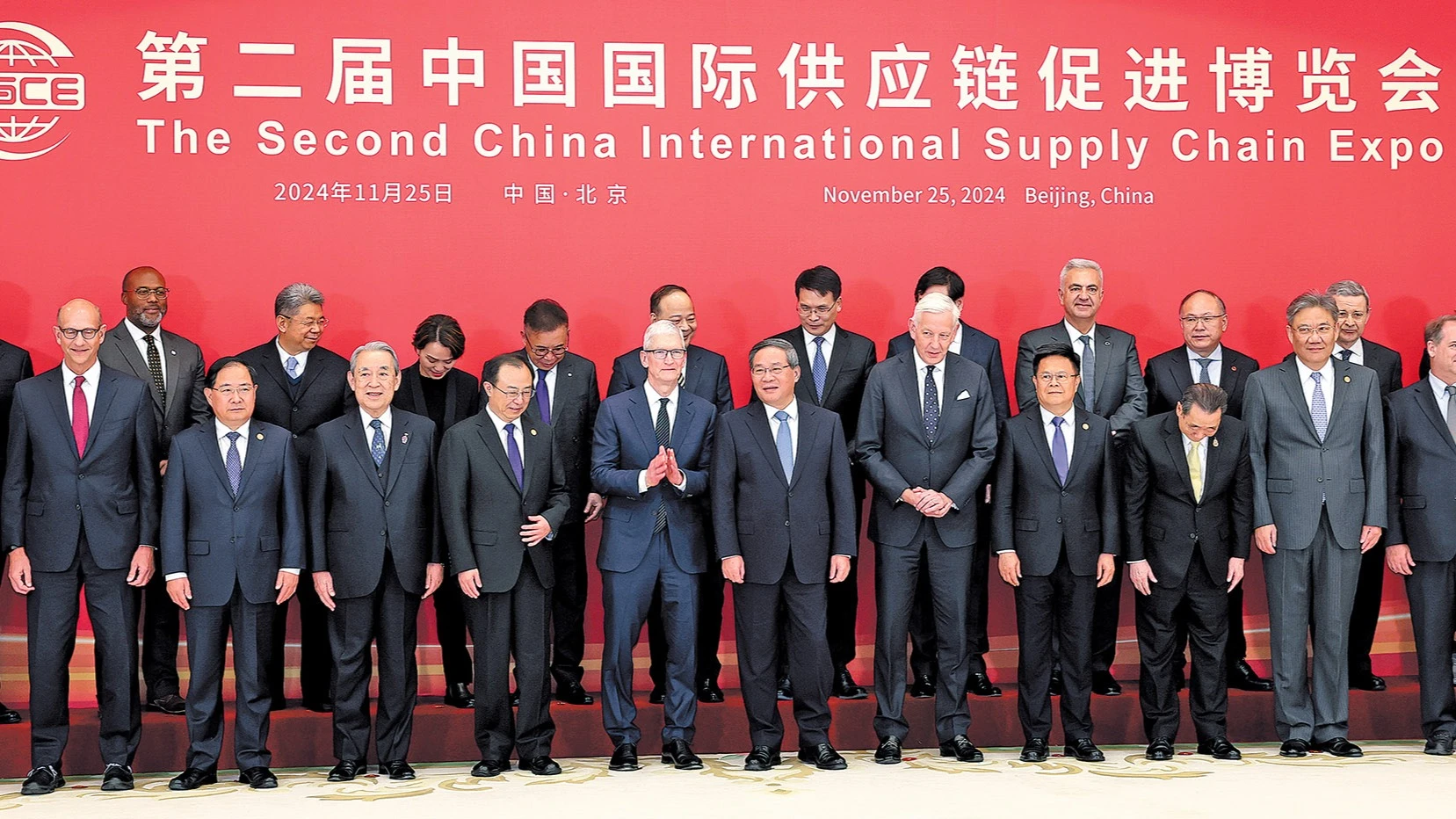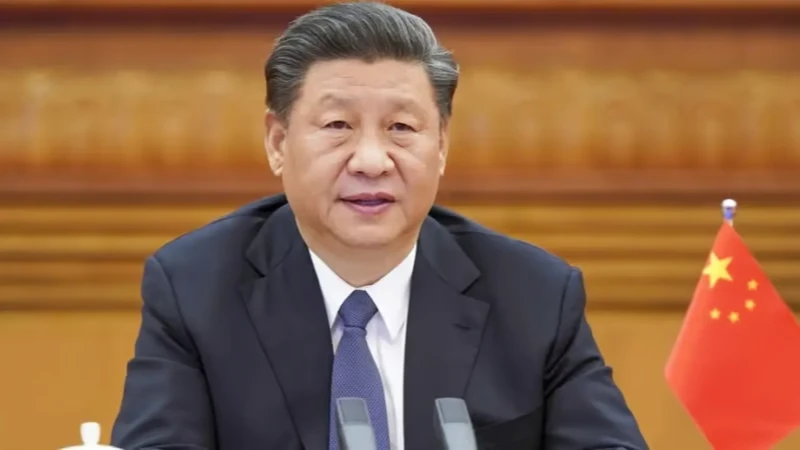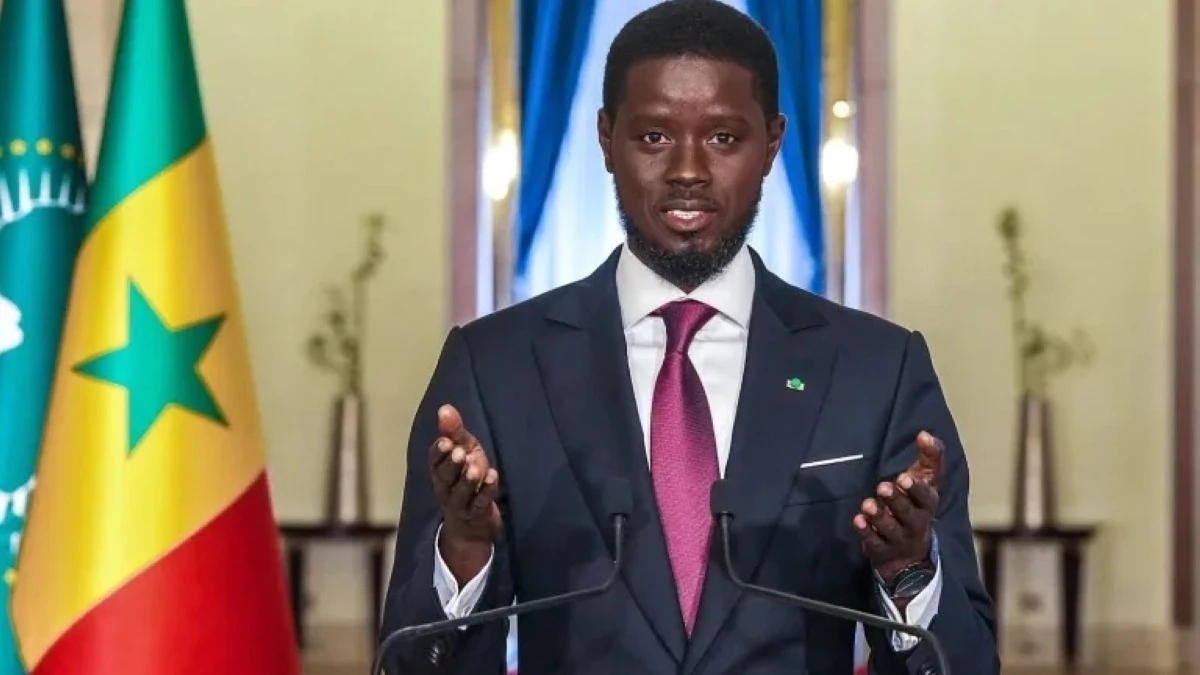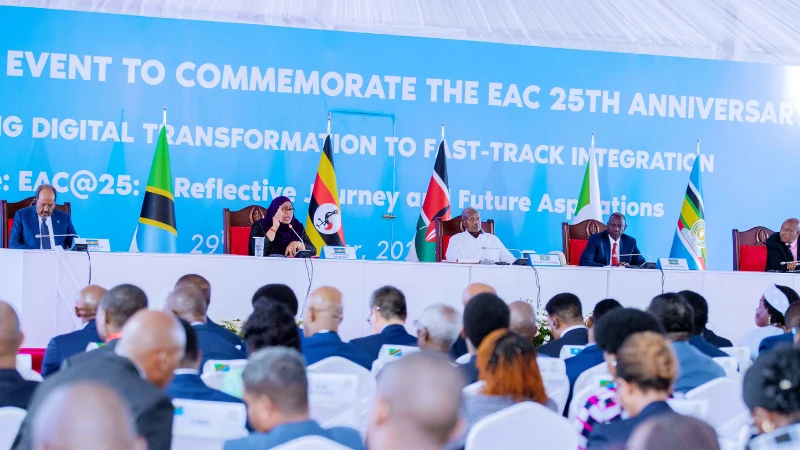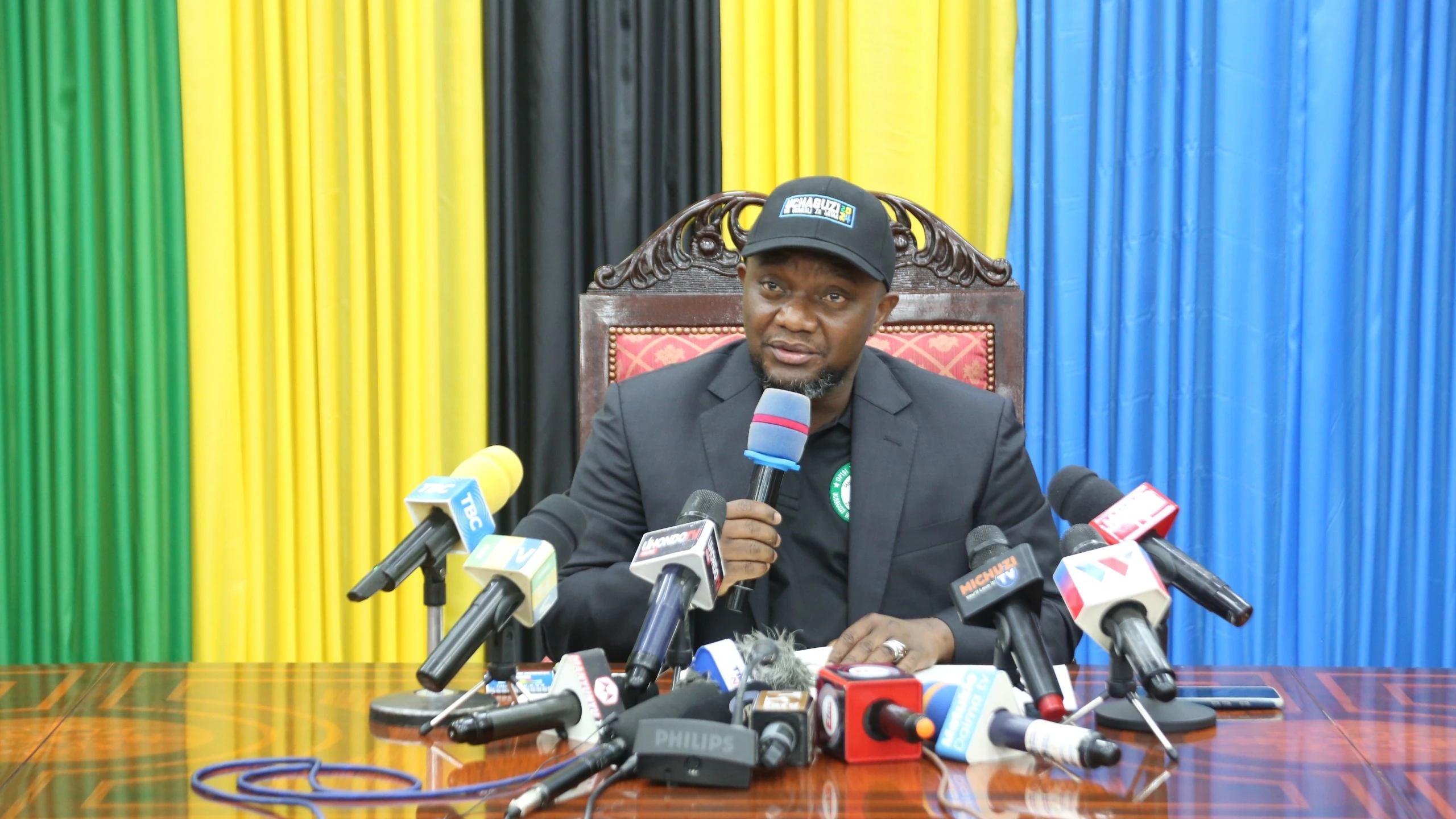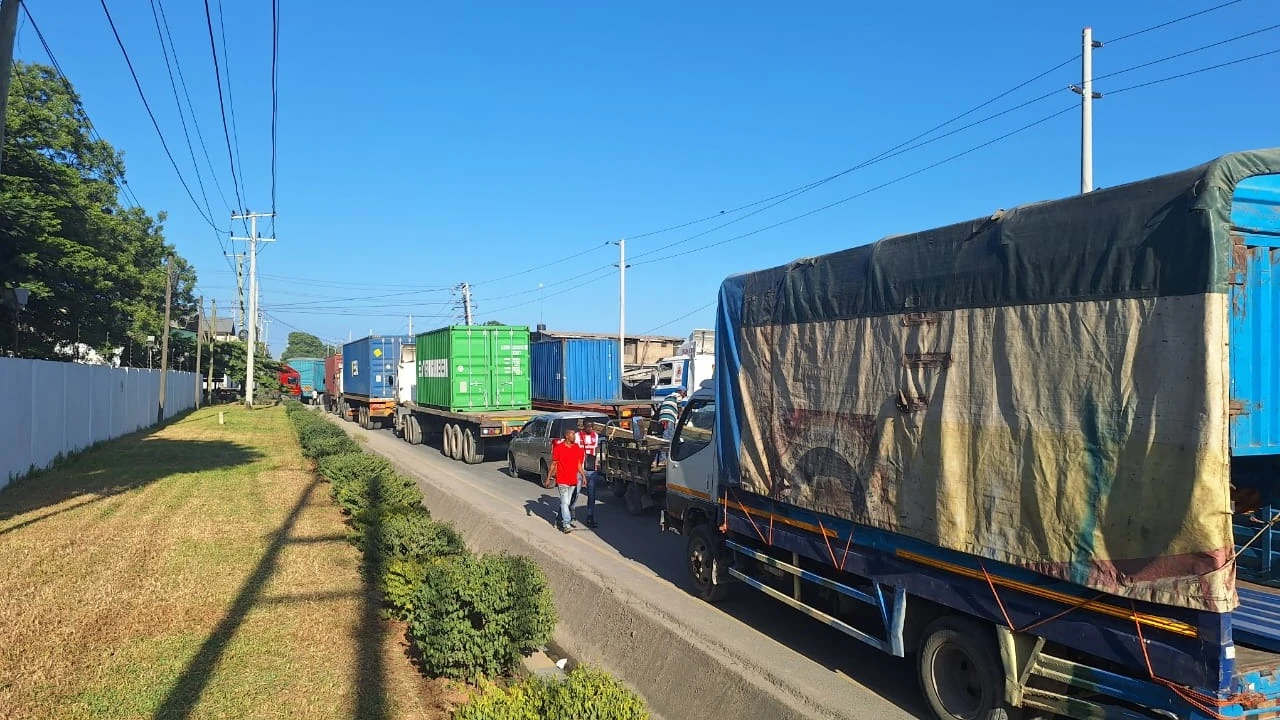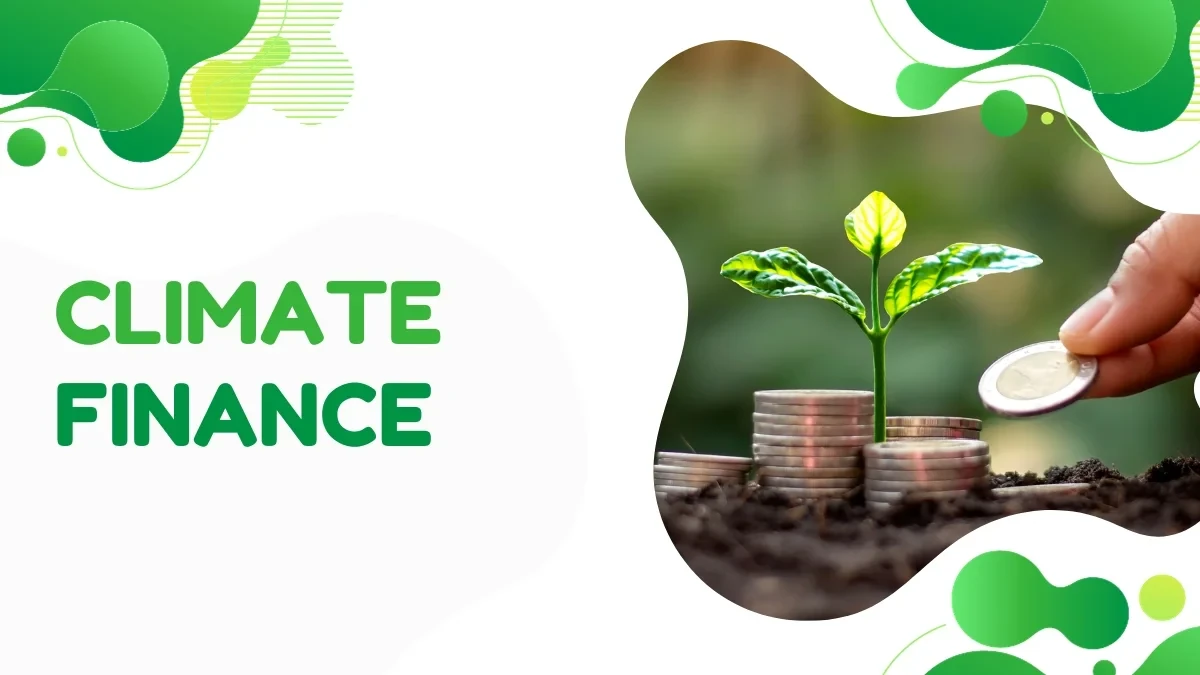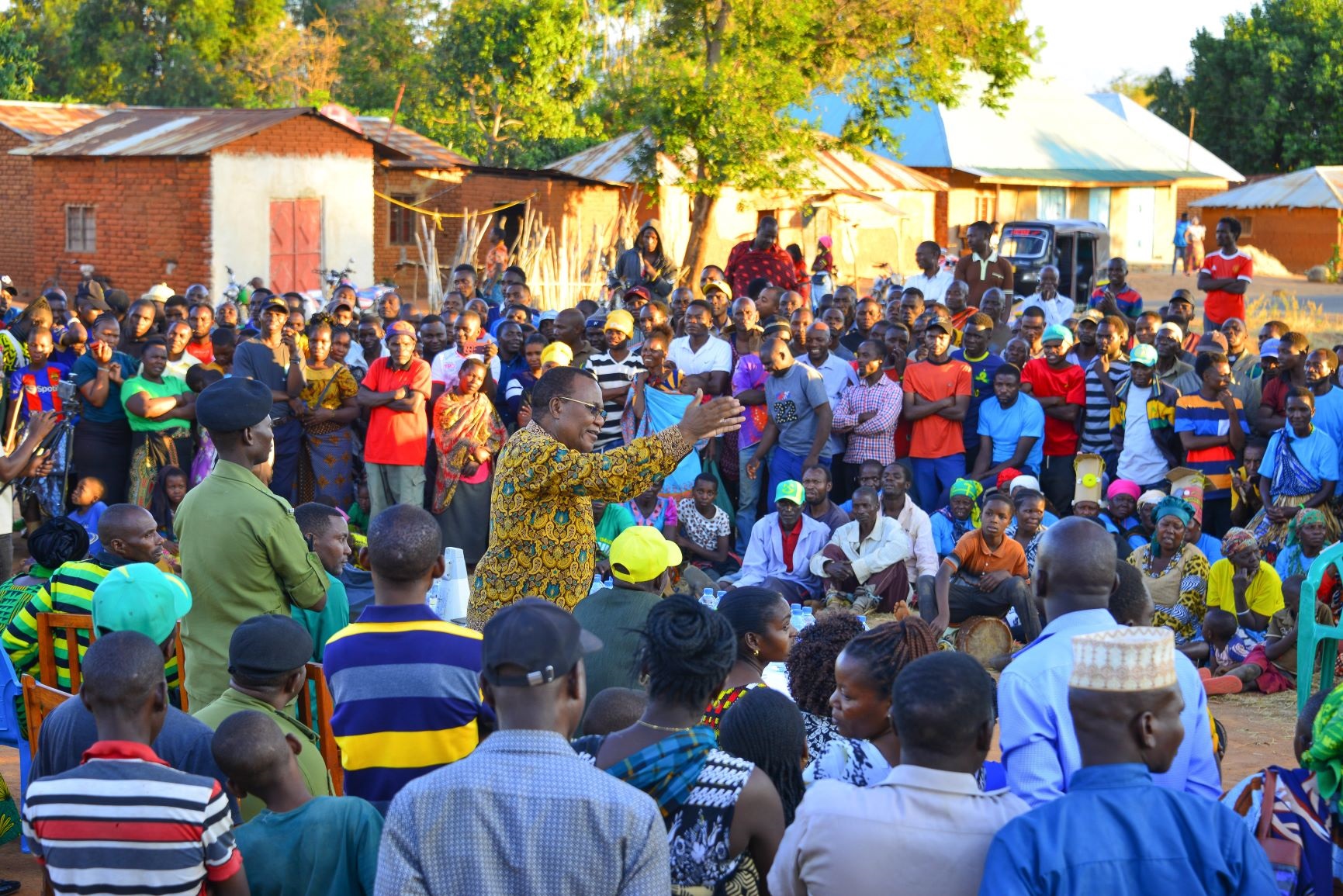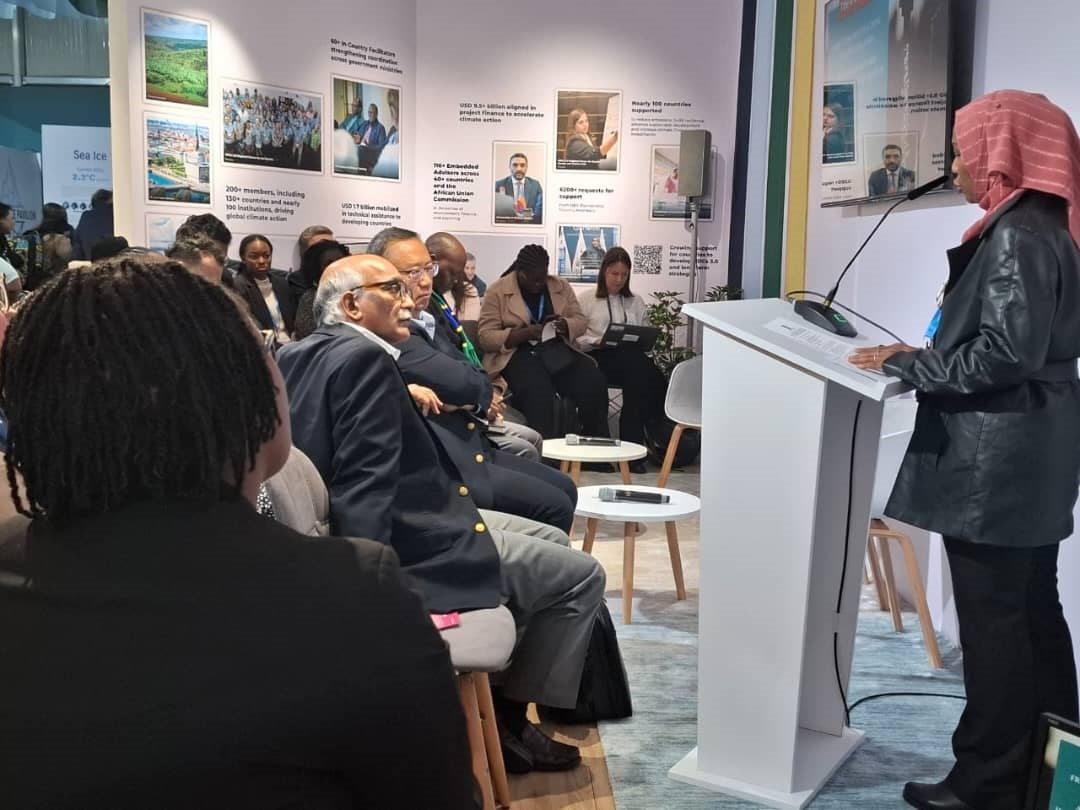Govt urge private sector to finance climate change sustainable nature-based projects
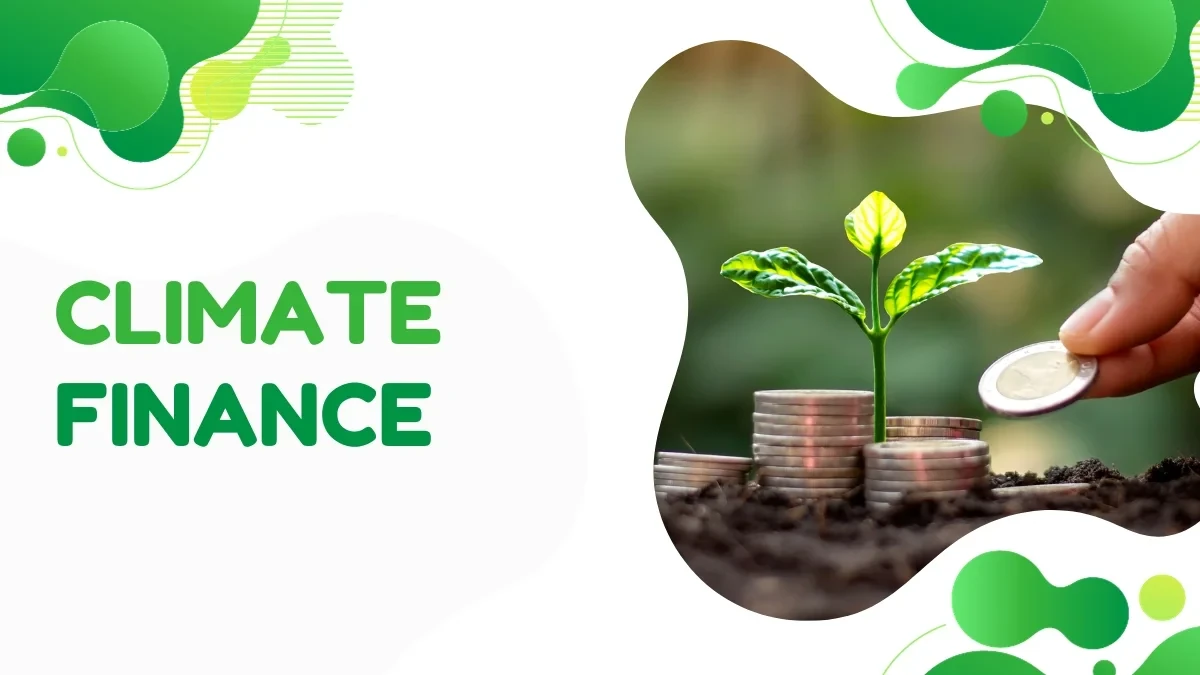
THE government has urged the private sector to play a significant role in financing climate resilience, adaptation and mitigation projects especially those targeting at attracting sustainable nature-based solutions.
Abdallah Lungo, Senior Environmental Officer in the Vice President’s Office (Union and Environment) said last week in Dar es Salaam that the private sector is a key partner in financing sustainable nature-based solutions for climate change in Tanzania and the East African region at large.
According to him, climate change is real and investments are playing a critical role in accelerating positive impact for humans and nature.
“Sustainable nature-based solutions are a way of mitigating climate crises as far as every development partner is concerned. I am also challenging the private sector to sensitize communities, especially those living near rivers or watersheds, on applying nature-based solutions to address climate change threats,” he said.
Lungo asserted that Section 75 of the Environment Management Act 2004 obligates the private sector to declare and execute commitments to the government with regard to taking part in financing sustainable climate resilience, adaptation and mitigation projects.
Shaban Yusuph, Environmental Management Officer, Dar es Salaam City Council who is responsible for overseeing the Msimbazi River Basin Development Project was of the view that climate financing is of great importance in realizing a shared world with friendly environment and biodiversity for humans to live happily and thrive.
“Along the Msimbazi basin there are two nature forests: Mangrove forests opening up into the Indian Ocean and the upstream nature forest reserve in the Kisarawe district of the Coast region. The two forests play a significant role to nature in addressing the threats of possible climate change crises,” said Yusuph.
According to him, the Msimbazi river project is being carried out purposely targeting at protecting its banks from soil erosion caused by sand mining and storm waters by planting palm trees along it.
He asserted that community sensitization is critical in restoring and sustaining natural forests through various projects such as beekeeping.
Prof Wilbard Kombe. Senior Lecturer at the Ardhi University at the University of Dar es Salaam (UDSM) said that the university is currently working on research to establish how nature-based solutions can be applied in addressing climate change crises.
He said the three-year project is to explore the socio-political factors that support the uptake, sustainability and institutionalization of initiatives that work with nature to advance climate resilience, especially concerning water-related hazards in Dar es Salaam and Nairobi-Kenya.
“We are working to understand the ways in which people living near rivers or watersheds are working with or using nature to address climate change, environmental and socio-economic issues they are affected by,” said Prof Kombe.
This is the case with regard to climate financing in Tanzania when the UN Climate Change Conference (COP29) had last week announced a new finance goal to help countries to protect their people and economies against climate disasters.
With a central focus on climate finance, COP29 brought together nearly 200 countries in Baku, Azerbaijan, and reached a breakthrough agreement that will triple finance to developing countries, from the previous goal of USD100 billion annually, to USD300 billion annually by 2035.
It was also agreed to secure efforts of all actors to work together to scale up finance to developing countries, from public and private sources, to the amount of USD1.3 trillion per year by 2035.
Known formally as the New Collective Quantified on Climate Finance (NCQG), it was agreed after two weeks of intensive negotiations and several years of preparatory work, in a process that requires all nations to unanimously agree on every word of the agreement.
“This new finance goal is an insurance policy for humanity, amid worsening climate impacts hitting every country,” said Simon Stiell, Executive Secretary of UN Climate Change.
“But like any insurance policy – it only works – if premiums are paid in full, and on time. Promises must be kept, to protect billions of lives.”
The International Energy Agency expects global clean energy investment to exceed USD2 trillion for the first time in 2024.
The new finance goal at COP29 builds on significant strides forward on global climate action at COP27, which agreed an historic Loss and Damage Fund, and COP28, which delivered a global agreement to transition away from all fossil fuels in energy systems swiftly and fairly, triple renewable energy and boost climate resilience.
COP29 also reached agreement on carbon markets – which several previous COPs had not been able to achieve. These agreements will help countries deliver their climate plans more quickly and cheaply, and make faster progress in halving global emissions this decade, as required by science.
Stiell also acknowledged that the agreement reached in Baku did not meet all Parties’ expectations, and substantially more work is still needed next year on several crucial issues.
“No country got everything they wanted, and we left Baku with a mountain of work to do. The many other issues we need to progress may not be headlines but they are lifelines for billions of people;
So, this is no time for victory laps, we need to set our sights and redouble our efforts on the road to Belem,” said Stiell.
The finance agreement at COP29 comes as stronger national climate plans (Nationally Determined Contributions, or NDCs) become due from all countries next year.
These new climate plans must cover all greenhouse gases and all sectors, to keep the 1.5°C warming limit within reach. COP29 saw two G20 countries – the UK and Brazil – signal clearly that they plan to ramp up climate action in their NDCs 3.0, because they are entirely in the interests of their economies and peoples.
“We still have a very long road ahead, but here in Baku we took another important step forward. The UN Paris Agreement is humanity’s life-raft; there is nothing else,” said Stiell.
A notable achievement during the past two weeks was the progress made on carbon markets. After nearly a decade of work, countries have agreed on the final building blocks that set out how carbon markets will operate under the Paris Agreement, making country-to-country trading and a carbon crediting mechanism fully operational.
On country-to-country trading (Article 6.2), the decision out of COP29 provides clarity on how countries will authorize the trade of carbon credits and how registries tracking this will operate.
And there is now reassurance that environmental integrity will be ensured up front through technical reviews in a transparent process. On day one of COP29, countries agreed standards for a centralized carbon market under the UN (Article 6.4 mechanism).
This is good news for developing countries, which will benefit from new flows of finance. And it is particularly good news for least developed countries, which will get the capacity-building support they need to get a foothold in the market.
This mechanism, known as the Paris Agreement Crediting Mechanism, is underpinned by mandatory checks for projects against strong environmental and human rights protections, including safeguards that ensure a project can’t go ahead without explicit, informed agreement from Indigenous Peoples.
It also allows anyone affected by a project to appeal a decision or file a complaint. Under the text agreed on Article 6.4, there is a clear mandate for the UN carbon market to align with science. It tasks the Body getting this market up and running to consider the best available science across all work going forward.
The work on carbon markets doesn’t stop in Baku. The Supervisory Body setting up the new carbon crediting mechanism has been handed a long 2025 to-do list by Parties and will continue to be accountable to them.
Top Headlines
© 2024 IPPMEDIA.COM. ALL RIGHTS RESERVED











